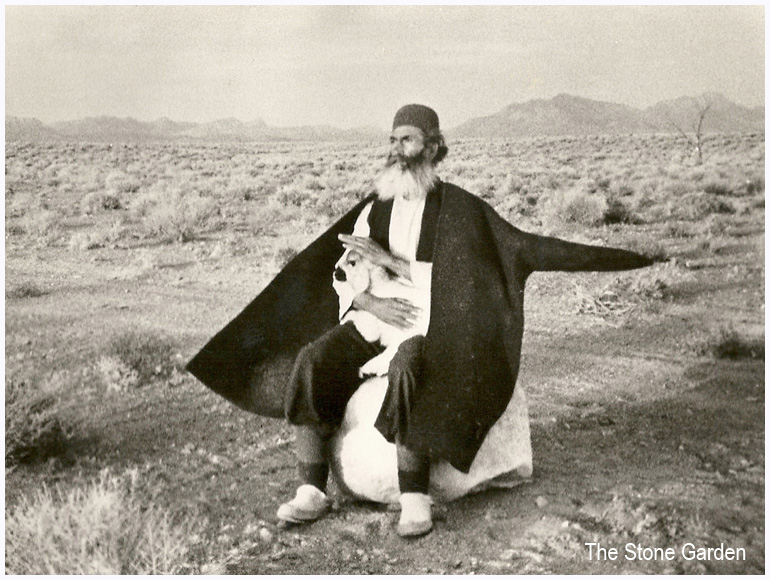Parviz Kimiavi
28.02.18—20:30 KASKcinema
The Mongols (Moqolhâ)
1973, 85’, English subtitles
01.03.18 – 13:00 KASKcinema
Ciné-session (students only)
Parviz Kimiavi will discuss his work and present a selection of his films, including Oh Protector of the Gazelles / Yâ Zâmene Âhu (1970, 20’) and P like Pelican / P mesle Pelican (1972, 26’)
!!! Due to unfortunate circumstances the screenings at Cinematek on 02.03 and 03.03 had to be cancelled.
Parviz Kimiavi will be in Ghent at KASKcinema for the screening on Wednesday 28.02.
02.03.18 – CINEMATEK
The Mongols (Moqolhâ)
CANCELLED
03.03.18 – CINEMATEK
The Stone Garden (Baqe Sangi)
CANCELLED
Born in Tehran in 1939, Parviz Kimiavi studied photography and film in Paris and worked at the public television network Office de Radiodiffusion Télévision Française (ORTF), before returning to Iran in 1969. Working for NIRT, the then national broadcaster of Iran, he made several documentaries and feature films, until the revolution of 1978–79 broke out. As Hamid Naficy has noted, Kimiavi’s films of this period employ “an authorial, surrealist, and avant-gardist style consisting of real people enacting either their own lives or fictionalized versions thereof; the seamless mixing of fantasy and documentary; ironic, humorous, contrastive, and critical juxtapositions of worlds, elements, and scenes; fragmented, nonlinear narrative structures; dialogues often developed with the aid of eccentric, outsider characters; and the director’s self-inscription, cinematic self-reflexivity, and authorial self-referentiality.”
In his first feature film, The Mongols (1973) Kimiavi draws a parallel between the Mongol invasion in the 13th century and the invasion of modern technologies, in particular of television. In The Stone Garden (1976), he visits Dervish Khan Esfandiarpur, a deaf mute whose home became a sanctuary after he began to hang rocks and stones from tree branches. In each film, Kimiavi offers a critical reflection on the values and anxieties of Iranian society during a period of tremendous transformation, employing a playful iconoclasm that led the French critic Henri Chapier to label him “the Iranian Godard.”
In collaboration with KASK, KASKcinema, Cinematek, SCC (Service de Culture Cinématographique asbl)

